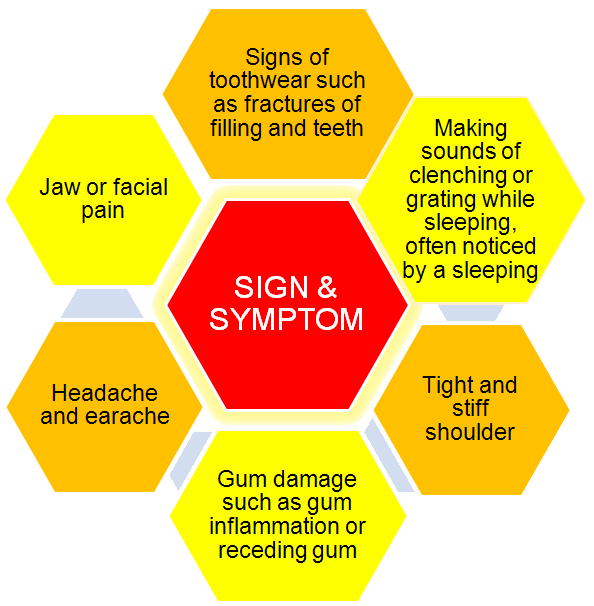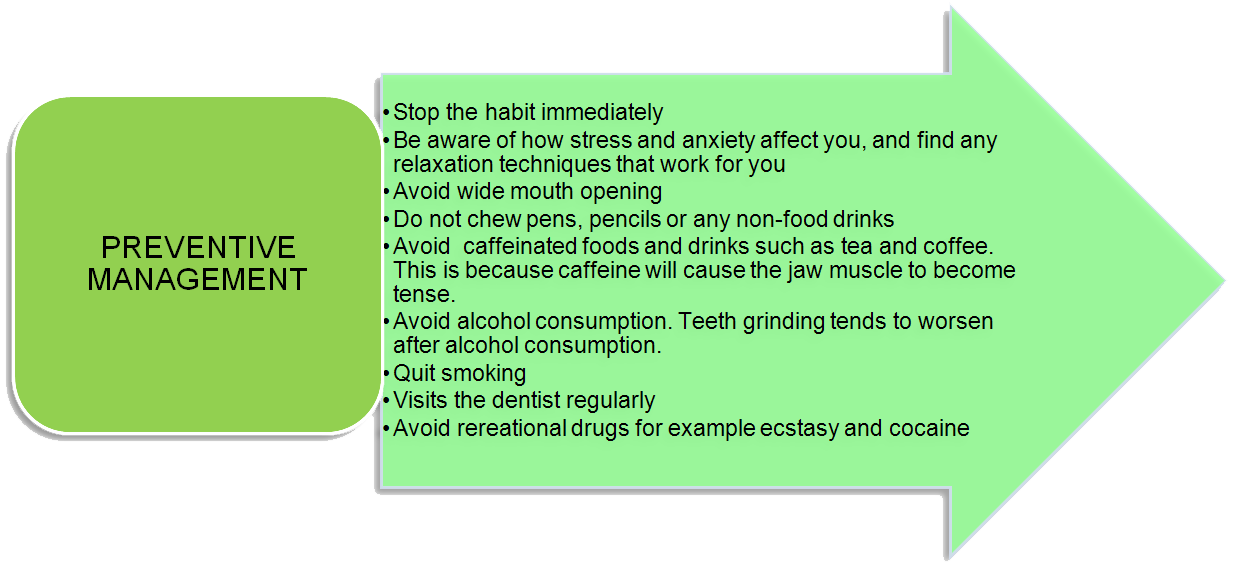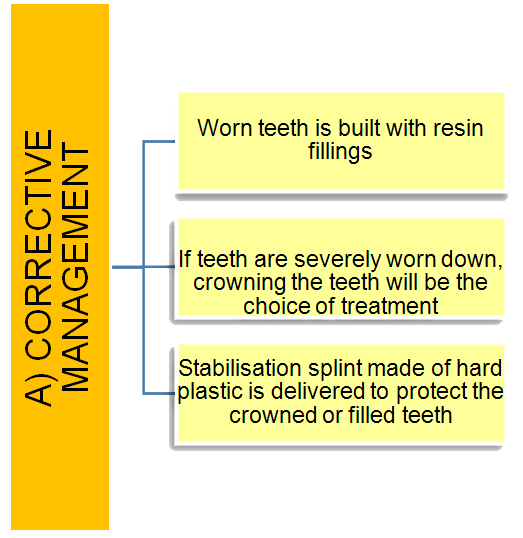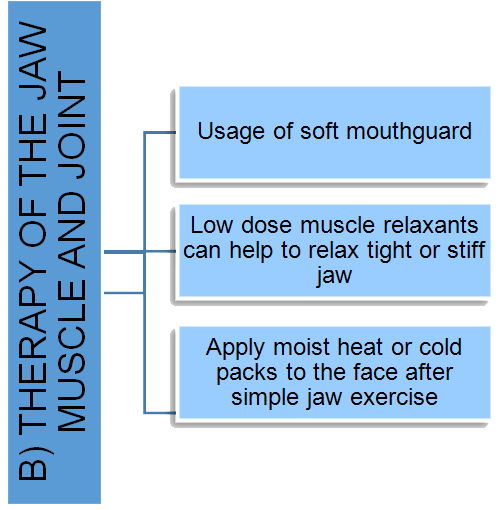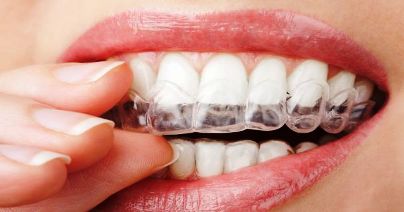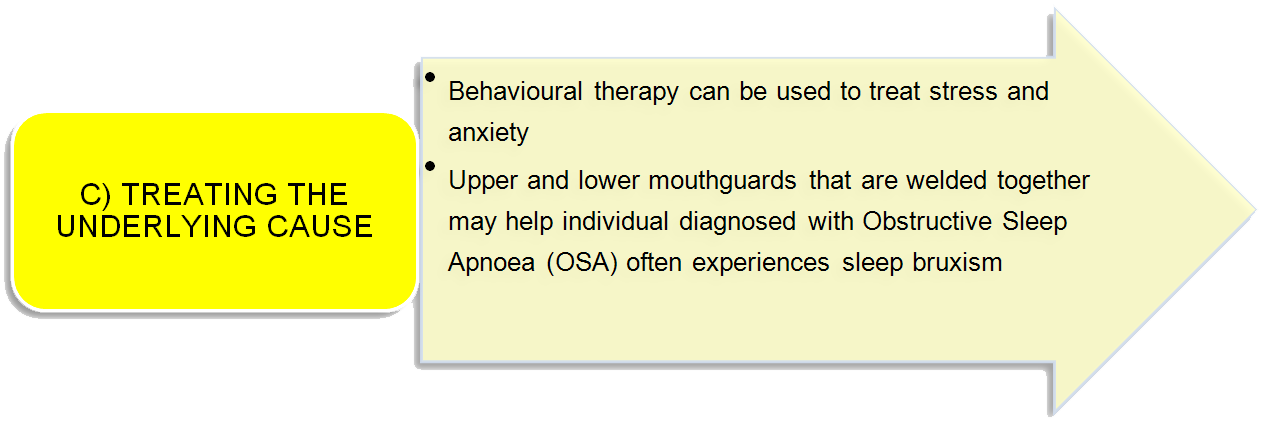Introduction
Do you often wake up with a dull headache or a sore jaw? What about waking up in the morning with noticing that you are clenching your teeth? Teeth grinding is involuntary clenching, grinding and gnashing of the teeth. It generally happens during sleep, but some people experience it when they are awake. Interestingly, most of the times, you may realize that you are experiencing from bruxism or tooth grinding when you visit your dentist.
Q1: Why Do People Grind Their Teeth?
A1: Bruxism or teeth grinding has no specific cause. There are 2 types of bruxism.
- Primary bruxism – Teeth grinding related to underlying oral condition
- Improper alignment of the teeth.
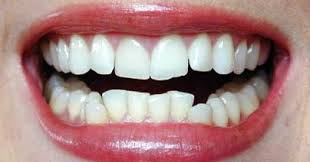
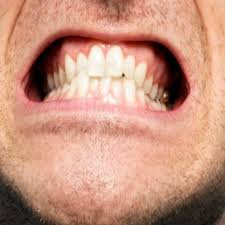
- Incorrect tooth alignment includes fillings that are too ‘high’
- Eruption of teeth ( babies and children)
- Improper alignment of the teeth.
- Secondary bruxism -Teeth grinding associated with a medication, condition or your lifestyle.
- Types of medication that is commonly related to tooth grinding is antidepressants and antipsychotic. These include Prozac (Fluoxetine), Zoloft (Sertraline) , Paxil (Paroxetinee), Amphetamin
- Condition such as Obstuctive Sleep Apnoea (OSA). OSA is a sleep disorder where your breathing is interrupted during your sleep.
- Certain lifestyles factors that may increase chances of developing bruxism include alcohol consumption, cigarette smoking, recreational drugs such as ecstasy and cocaine, caffeine, drinking tea/ coffee, snoring and tiredness.
Q2: How Do I Find Out If I Grind My Teeth?
A2: Bruxism involves any type of forceful contact between teeth, whether silent and clenching or loud and grating. Common signs and symptoms are:
Q3: Why Is Teeth Grinding Harmful?
A3: Occasional teeth grinding does not usually cause harm. But, when teeth grinding occurs on a regular basis, this can be damaging the teeth and other oral complications to oral health
- Chronic or continuous teeth grinding can result in a fracturing, loosening or loose of teeth.
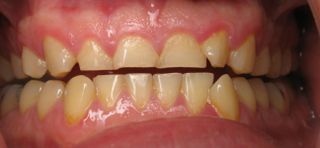
- Severe Toothwear
- Pain related to ear and sometimes shoulder
- Limited mouth opening due to soreness of the jaw muscle and joint.
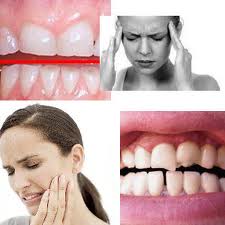
Q4: What Can I Do To Stop Grinding My Teeth?
A4: There are 2 methods of treatment:
I) Preventive Management
II) Corrective Management
Reference
- www.webMD.com/oral-health/guide/teeth-grinding-bruxism
- www.ncbi.nlm.nih.gov/pubmedhealth
- Bruxism:MedlinePlus Medical Encyclopedia
| Last Reviewed | : | 23 August 2019 |
| Writer | : | Dr. Saridatun Nur bt. Abd Salam |
| Accreditor | : | Dr. Rohani bt. Mahmood |
| Reviewer | : | Dr. Roshima bt. Mohd Sharif |


